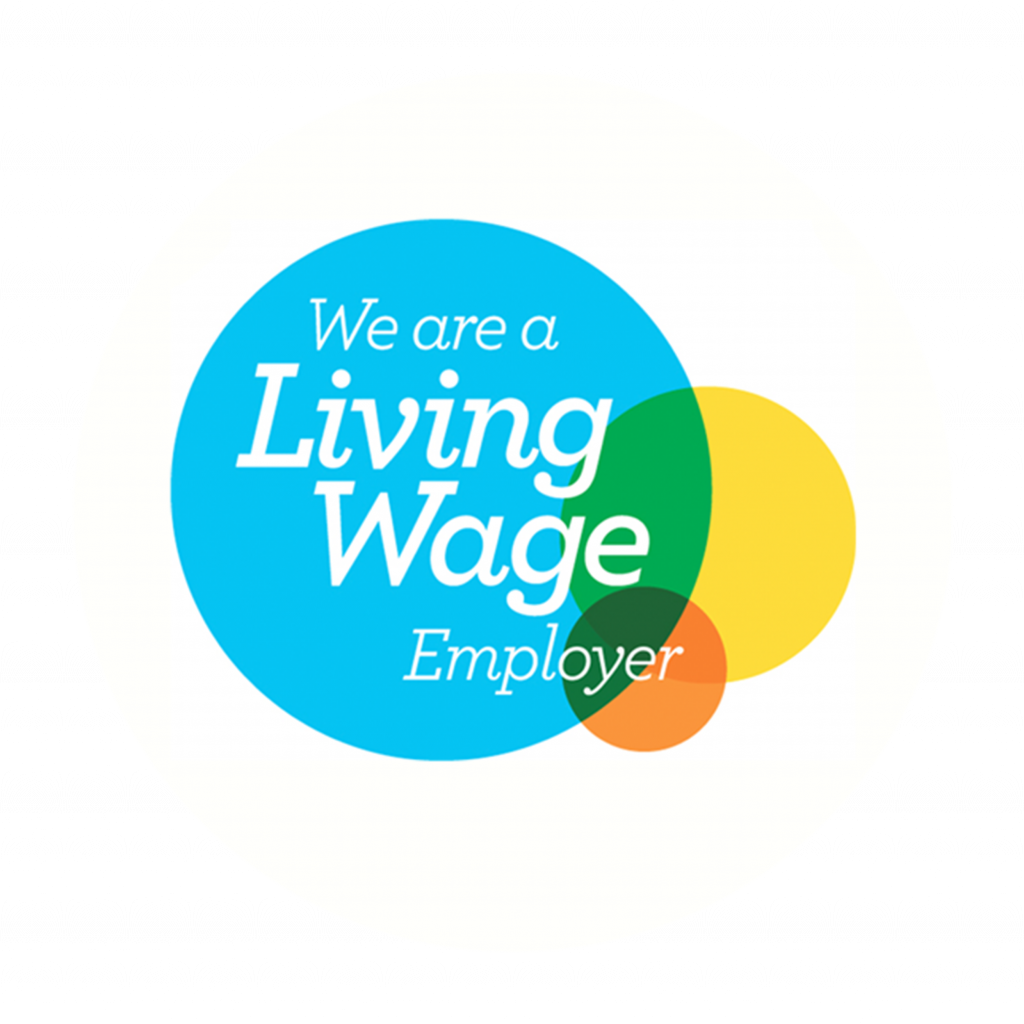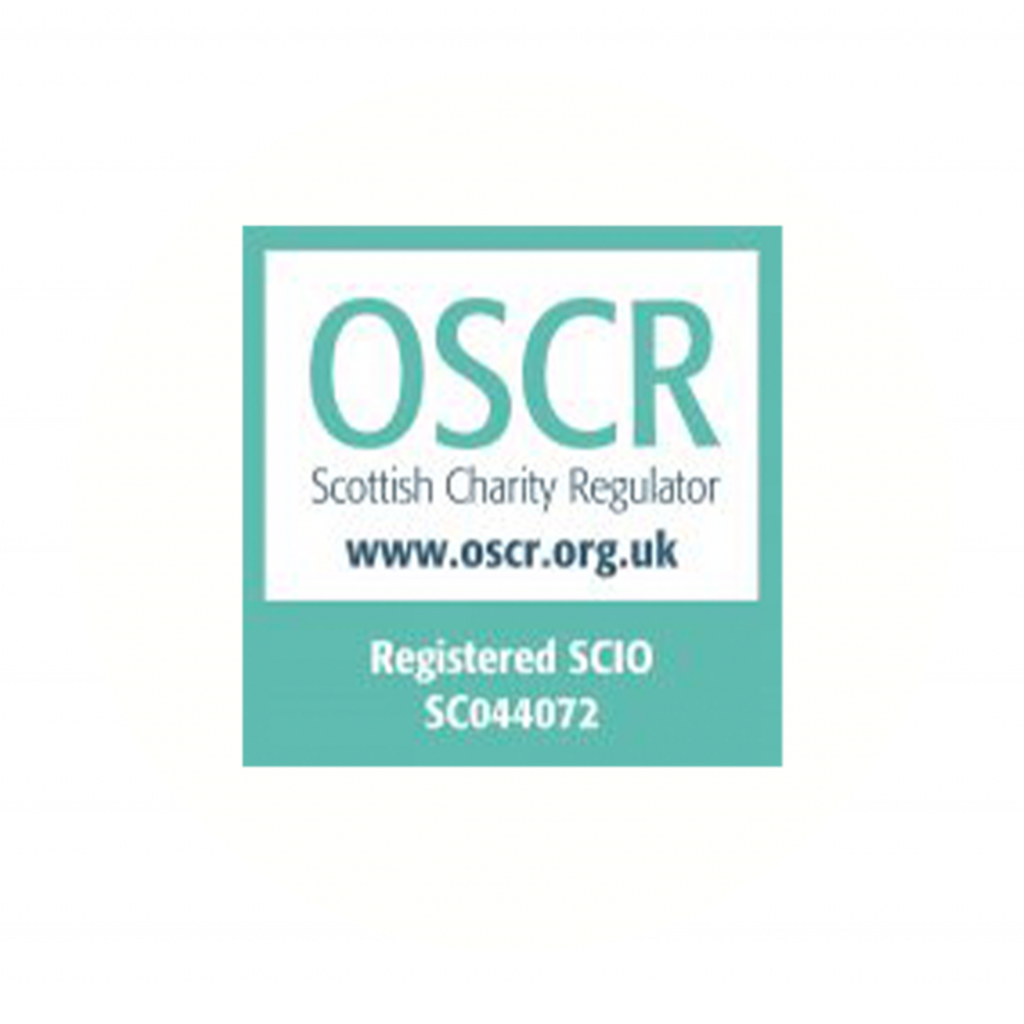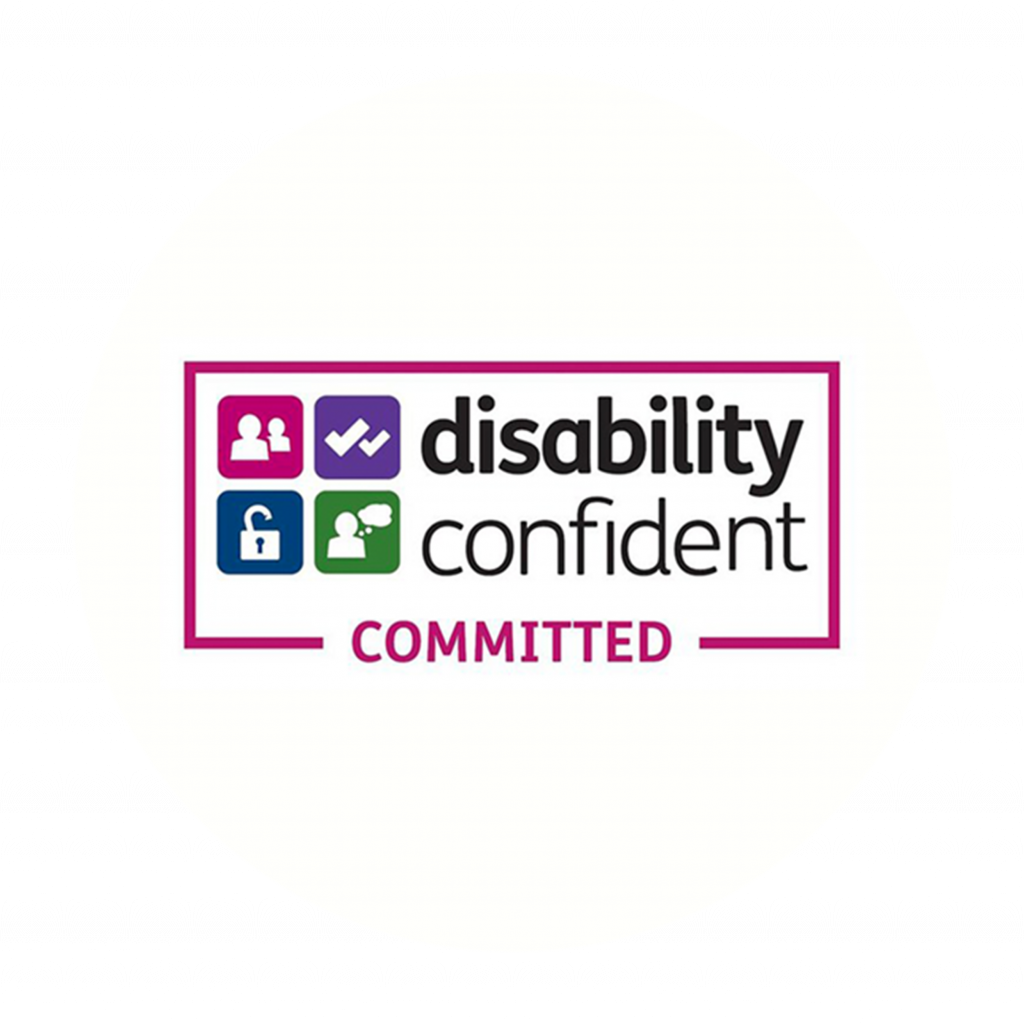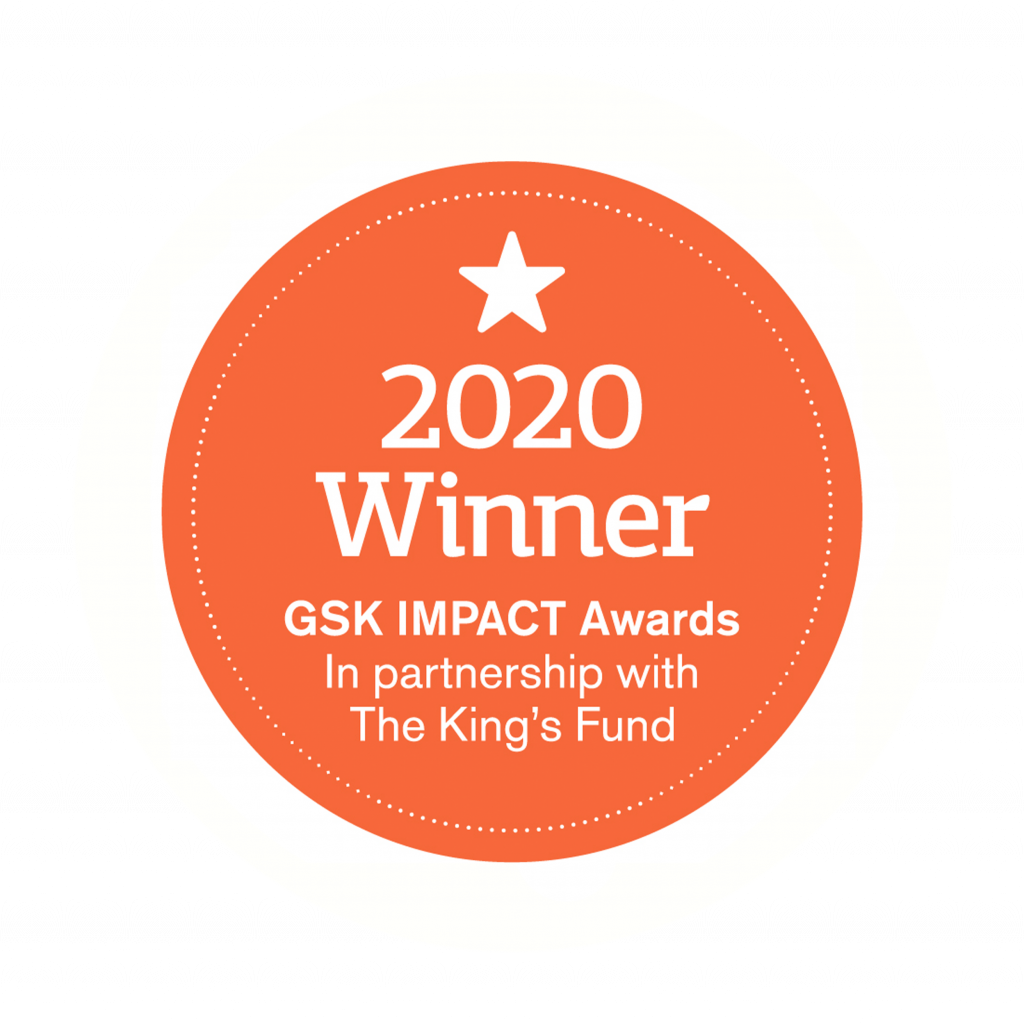Living well with dementia through meaningful music
Meaningful music can help a person who lives with dementia, and those who love and care for them, to live well.
Being told that you or a person you love has dementia can feel devastating. The condition, in all its forms, can take a toll on anyone affected. From the person living with dementia to their wider circle of friends and family, it’s a journey that leads everyone along a different path. Dementia affects everyone uniquely, and many people live long happy lives. Yes, dementia can present many challenges but it is still possible to thrive and live well with dementia, and meaningful music can be a helping hand to do so.
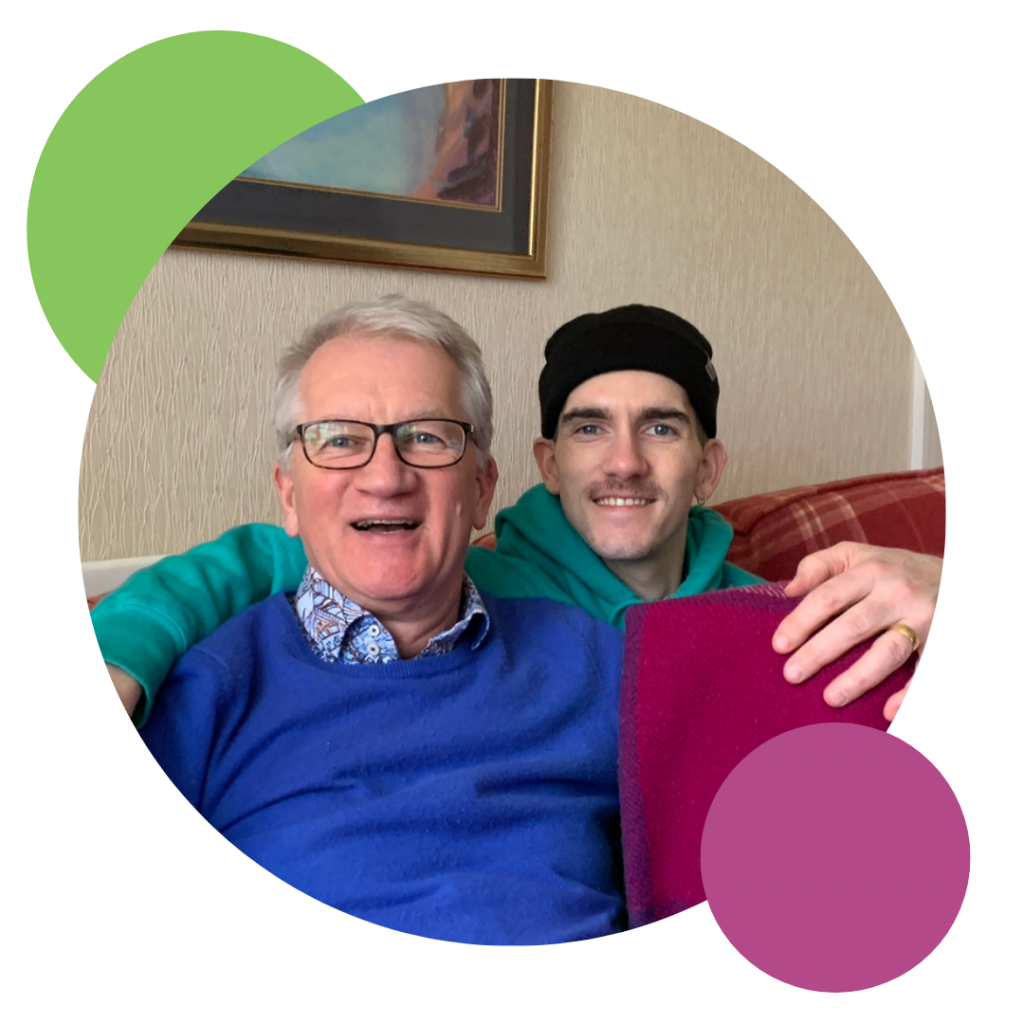
Prescribing meaningful music
Playlist for Life is a music and dementia charity that uses a simple but highly effective tool – meaningful music – to improve lives.
We were founded 10 years ago by writer and broadcaster Sally Magnusson MBE, who discovered the power of personally meaningful music when caring for her mother Mamie, who lived with dementia.
In her bestselling book, Where Memories Go, Sally wrote:

“I would have given anything for someone to say ‘Try this: It’s not a cure but it can help. You can still have moments of happiness and flashes of joy’. No-one says that very often to families living with dementia.”
Since Playlist for Life was founded in 2013, we’ve worked with researchers, health and social care professionals and people living with dementia to harness the power of meaningful music and use it to reduce feelings of distress and anxiety and give families moments of joy and happiness.
In 2018, the strategic use of music helped bring about a 60% drop in the use of sedative drugs at Lilyburn Care Home, and it recently led to an 80% reduction in medication for a community mental health team.
For the very first people living with dementia we worked with, Harry and Margaret, hearing a playlist of meaningful songs enabled Harry, who lived with dementia, to respond to Margaret after a prolonged period of no meaningful communication between the couple during their visits at Harry’s care home. For Willy, who lives with Alzheimer’s, it was the music from his youth that enabled him to paint again – a lifelong hobby he thought he had lost.
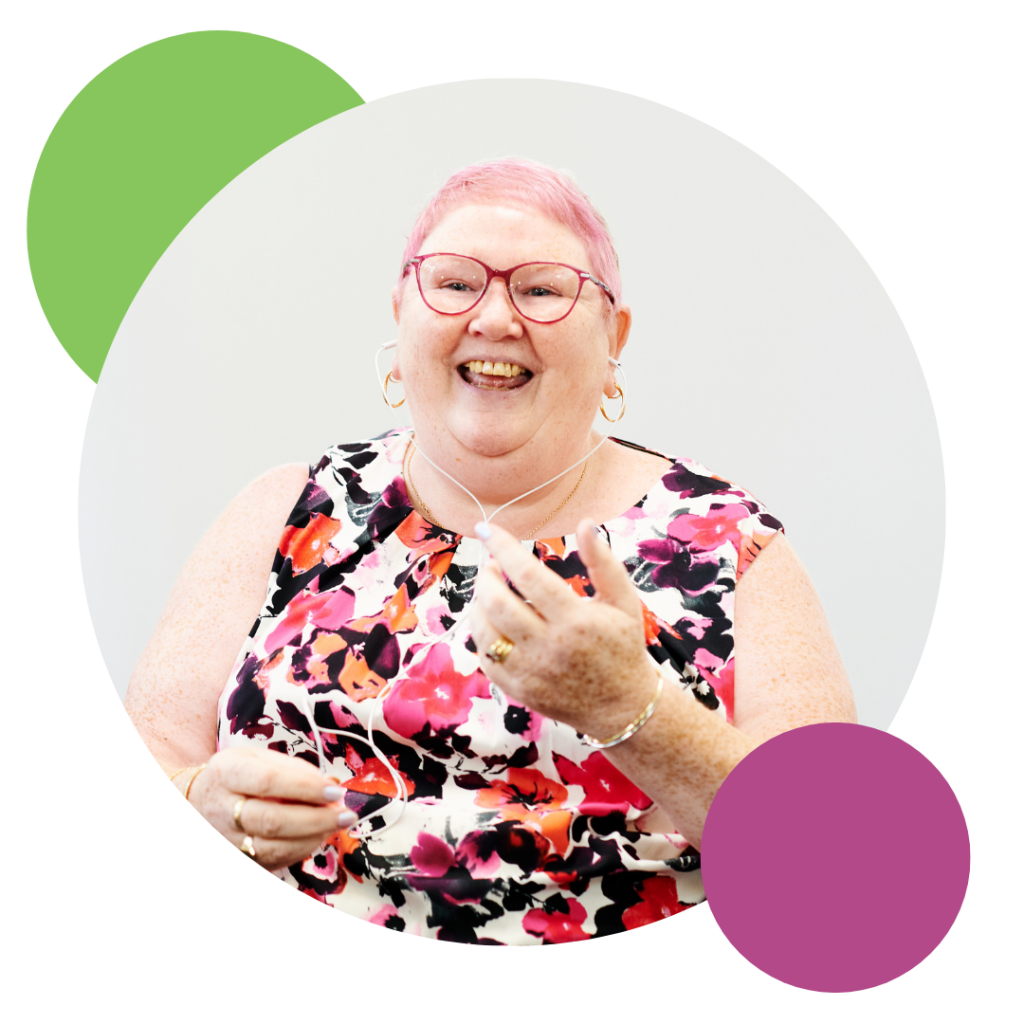

When I was diagnosed, I went into a depression. I did not want to see anyone or go anywhere. I didn’t want to move off the couch. But music is a wonderful thing for the soul, whether you are happy or sad. And this Playlist for Life is one of the best things I’ve ever done,
Carol, lived experience of dementia
Harnessing the power of a playlist
While an upbeat tune can usually put a spring in anyone’s step, our work focuses on using personally meaningful music: the tunes that have soundtracked our lives. Research has shown that music from different periods of our lives that sparks memories and positive emotions is the most powerful type of music for people living with dementia. Having a personal playlist ready to use at times of distress, or when doing routine tasks that might have become difficult, can ease pressure and also offer respite for families and caregivers.
What we hear often from those who’ve discovered the power of music for dementia is that they wish they’d known about the positive impact a personal playlist can have sooner. Even in moments of hopelessness or fear, meaningful music can make way for light and joy. That’s why it’s our mission to ensure that everyone living with dementia has access to a playlist that’s unique to them, and that those who love and care for them know how to use it. So far, we’ve equipped more than 8,000 health and social care professionals with the skills needed to embed personalised music into a patient’s care and we’ve established over 2,500 Help Point networks across the UK to support people in accessing our free resources and to build personal playlists locally.
Support the power of personal playlists
There’s no cure for dementia, but meaningful music can help. If you or someone you know lives with dementia, please signpost them to our free resources. Hearing just one song that’s soundtracked a positive memory in their life can help a person reconnect with themselves and those around them.
Our support is always free and available to anyone who needs it. If you can, help us keep this support free by making a donation to Playlist for Life.

